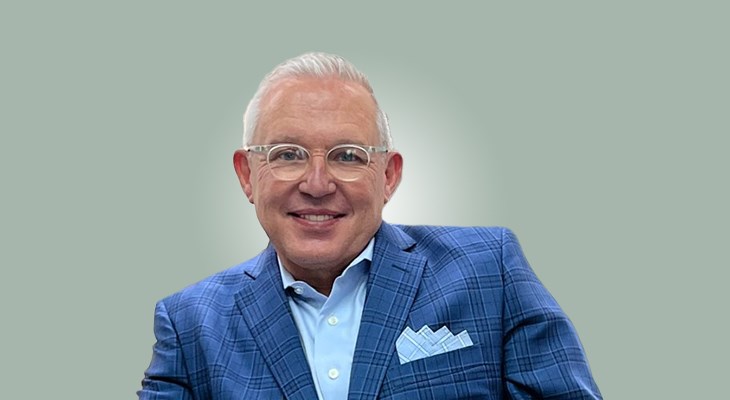Juvare President and CEO Robert Watson has completed five exits, two through public offerings, two to strategics, and one to a sponsor transaction. At the 2023 Atlanta Smart Business Dealmakers Conference, he talked about how different buyer types affect his thinking, and how ultimately his team became a central consideration.
In almost every case, he says the one common theme was the fund dynamics of the primary investor. In one deal, the company's PE sponsor's investment was at 13 years into a 10-year fund.
"So, if you understand what that means, we were an orphan," Watson says. "And we had to pull the trigger at some point — we were fortunate that COVID helped us. But, fund dynamics has always been the big driver, even in the public offerings it was fund dynamics."
To not leave value on the table in a deal, Watson says investment bankers are key.
"Look, I hate to do commercials for investment bankers; it upsets me. But that decision is actually critical," he says. "It does make a difference. And I've been fortunate enough to use this one firm twice, but all the other one’s has all been different firms, but it really matters."
Another important member of the deal team is the person or firm that does the QofE. That work, he says, should start 18 months before the process begins to be sure the selling company uncovers every rock and nuance that a buyer's going to ask.
"This last trade we did we spent north of a half a million dollars just on the QofE," Watson says. "I mean, it's incredibly important and a high value to us because we traded at, frankly, 20 percent over our target. The QofE was a key part of that."
Having only been a founder once, legacy isn't important. What matters most to him is what's happening to the team. He says in one deal in which two buyers, one private equity and the other a strategic, we're very close on their offerings — pennies apart — he argued strongly in favor of not doing the strategic even though he had intended to retire (the PE would pass on the deal if he didn't agree to stay). So, he had to make a personal decision and ultimately structured a deal for management that meant taking less of a payout in order to do the PE deal (though he says the PE firm made it up to them on their equity, post transaction). But getting there required good advice.
"[There's] counseling that your team needs along the way, particularly people who've never done an exit before. They're looking at dollar signs — 'Oh my God, I can buy a vacation home in Florida, we should move to Florida for tax reasons; all this kind of crap going on," he says. "And you can't let them lose focus because if you got a long runway to these things, people got 18 months to think about it, and they start adding up — we think the target is going to be this, I'm going to have this much money. So, you got to keep them focused. I honestly felt like I was more of a therapist than a CEO at the end."
He says he's never approached a deal where the money was the primary consideration. Instead, he says it was about doing the right thing for the team, the clients and the investors — even though sometimes those three weren't always aligned.
"I think that's critically important," he says. "You owe it to the people who got you there. The reality is, we didn't get us there. It's the 10 or 15, or 20, or 30-40 people that we hired that got us there. You have to protect them. That's critically important."




